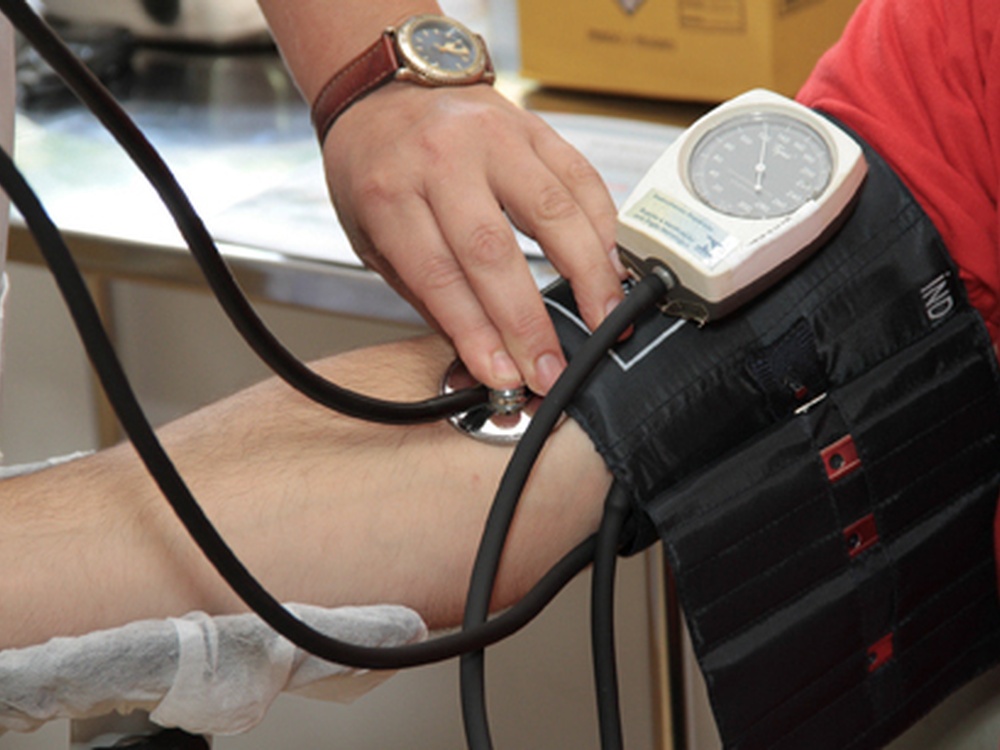Researchers at Oxford University Hospitals recently published the results of a four-year study looking at levels of a protein called FGF-21 in blood samples taken from patients with mitochondrial disease. Most of these patients already had a genetic diagnosis of mitochondrial disease, with some having received their diagnosis through The Lily Foundation's exome sequencing project.
The results of the study showed that FGF-21 levels in blood were generally higher in patients with mitochondrial disease when compared to those without mitochondrial disease. There was some overlap between groups, however, which led the researchers to conclude that FGF-21 levels alone cannot be used to diagnose mitochondrial disease. Rather, a high FGF-21 level would be suggestive of mitochondrial disease in patients yet to be diagnosed and could help identify those who would benefit from genetic testing. Importantly, this could be done without the need for an invasive muscle biopsy, thereby improving the diagnostic pathway.
Based on the results, the Oxford team have now modified their diagnostic procedure and are using measurements of FGF-21 in blood as an additional first-line routine laboratory test for adult patients showing symptoms of mitochondrial disease. Further work is still needed to determine if the test will be useful in children. Until that can be confirmed muscle biopsy remains an important diagnostic tool in younger patient cases.
Source: Journal of Clinical Medicine 2017 http://www.mdpi.com/2077-0383/6/8/80/htm.

